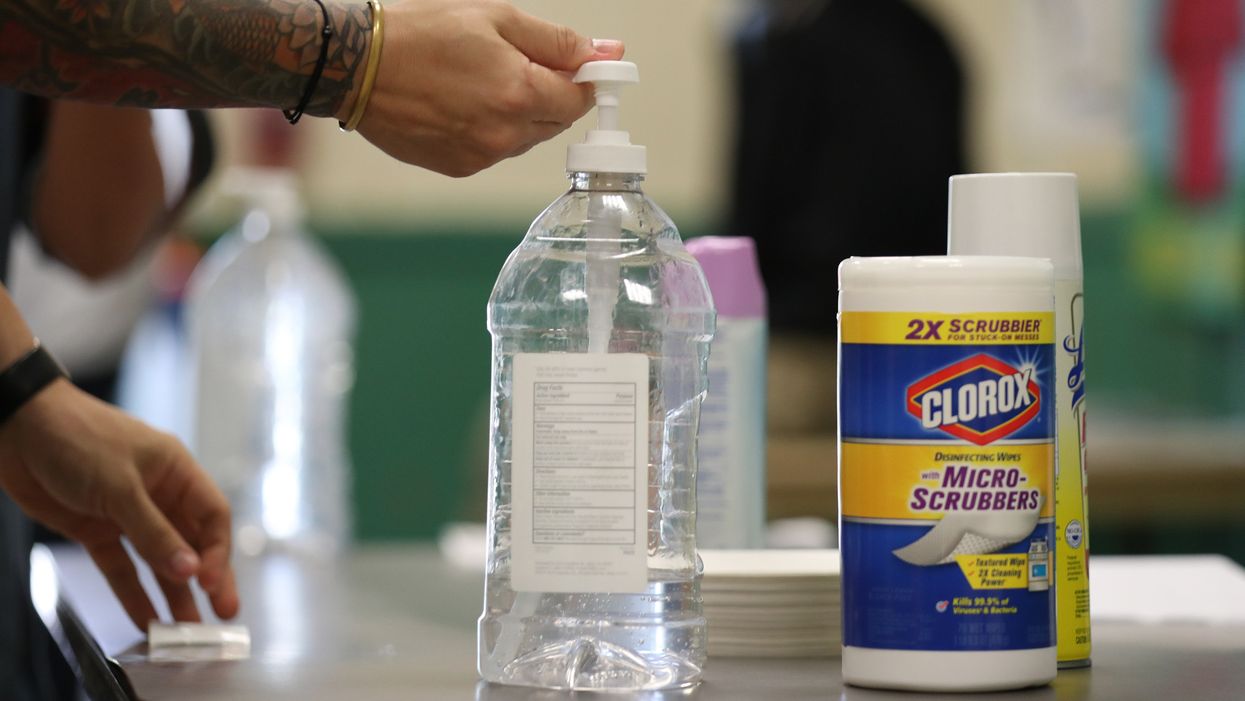The relatively new National Task Force on Election Crises has issued its concise but thorough guidance to states on how to plan for elections during the coronavirus outbreak.
The laundry list of recommendations includes steps to promote more mail-in voting, while also preparing for in-person voting by making sure cleaning supplies are available, and recruiting additional poll workers to replace those that may cancel because of health concerns.
The cross-partisan task force of more than 40 experts on election law, administration, security, and voting rights was created last year in anticipation of challenges, which at the time did not include a major national health crisis.




















